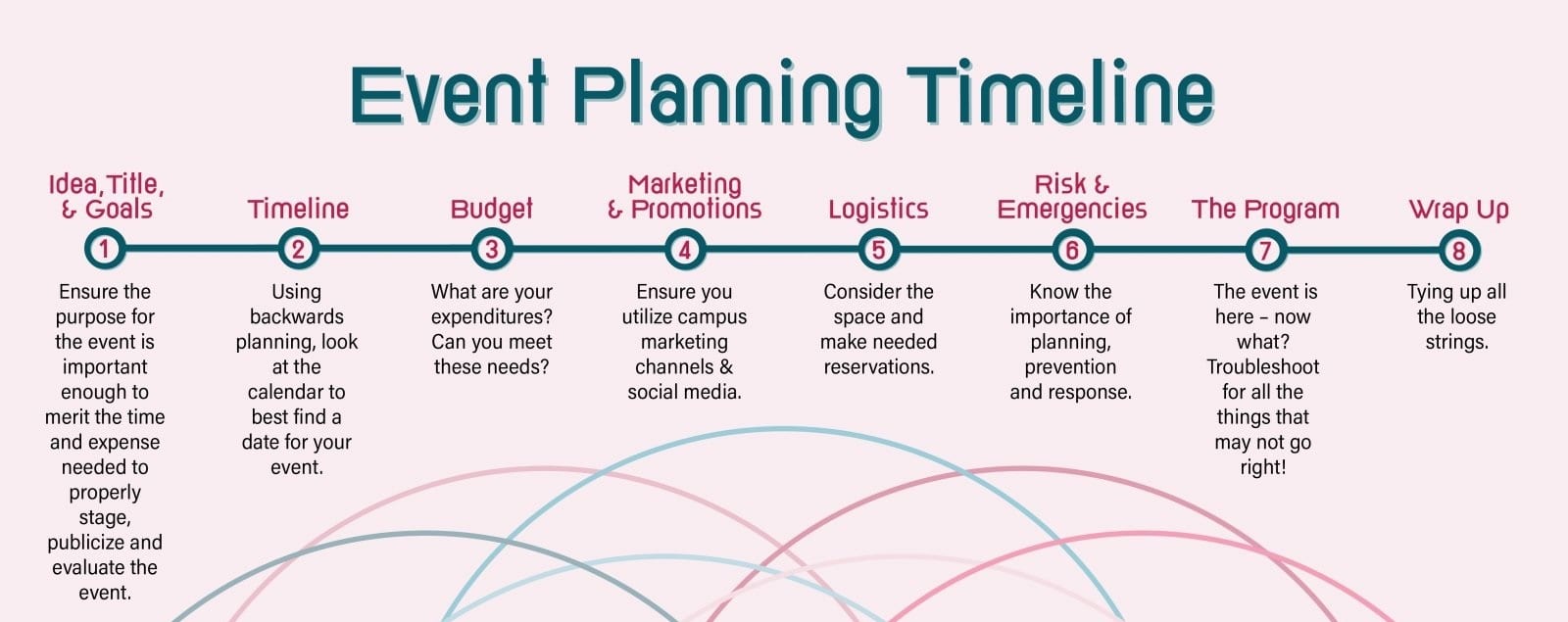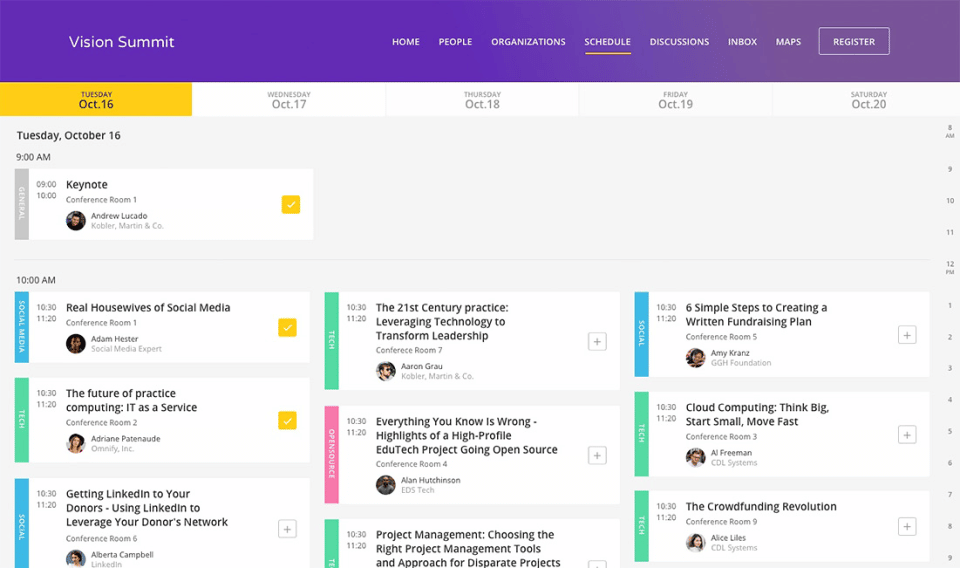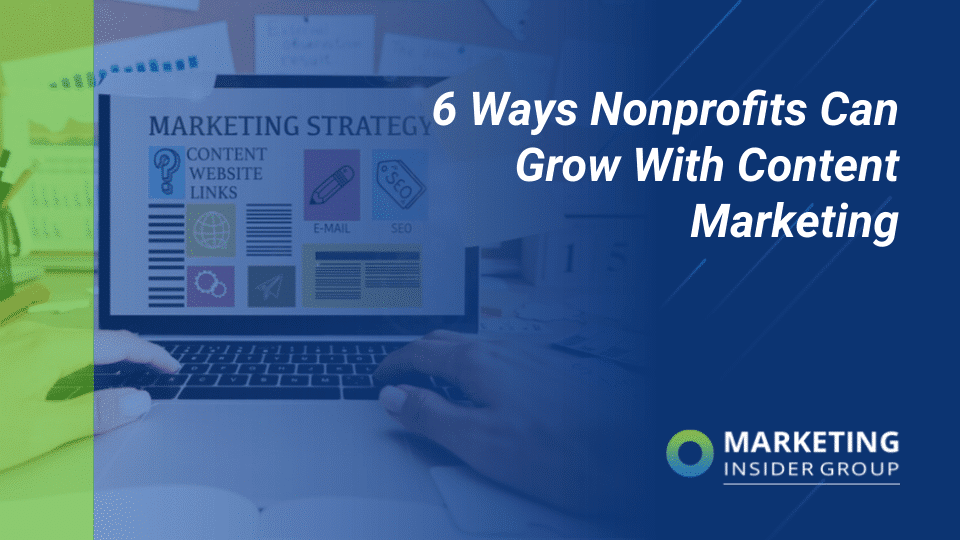
Optimizing Event Planning: 7 Ways Event Technology Eases The Process
Whether virtual or in-person, event planning is a painstaking process.
Planners oversee countless details and put in place many event aspects to ensure that events turn out great.
Oftentimes, however, they encounter challenges. These challenges are not because the team lacks requisite skills and experience but because many planners still use traditional methods which can be quite out-of-date, which can lead to missing important details that might have significant implications for event success.
However, an optimized process utilizes technology to reduce manual tasks, free up time, and create a connected experience for attendees.
Every aspect of event planning can be supported with appropriate technologies that will make planning your event not only easier but also more organized and precise.
This article identifies common areas where planners encounter challenges and covers suitable technologies that can be used to streamline the process. Those topics are outlined below:
- Task Organization and Prioritization
- Event Budget Management
- Event Registration, Marketing, and Promotion
- Venue Sourcing and Selection
- Event Experience
- Call for Papers and Content Management
- Accommodation and Travel

Continue reading to learn more!
1. Task Organization and Prioritization
In the event planning process, some of the issues that pose common challenges involve prioritizing planning activities, managing schedules, and creating teams. To take care of this, consider simple productivity tools like:
- Evernote – For notes and tasks
- Todoist – For tasks and checklists
- Fantastical – For calendars and tasks
For complex requirements involving multiple teams, consider full-scale project management tools such as:
- Basecamp
- Asana
- Trello
You may also consider using event-specific planning software like the ones offered by Aventri and Bizzabo.
2. Event Budget Management
Another area where tech can be helpful is in managing event budgets. Tools are available to help you make budget projections, track expenses and revenue, and set up payment reminders.
You can also use the tools to assign items to vendors and designate team members to oversee specific line items. Examples of suitable tools include:
- Planning Pod
- Aventri
- Cvent
With these tools, you can easily calculate event ROI, and know where to make adjustments to actualize your goals.
3. Event Registration, Marketing, and Promotion
To simplify data collection, transfer, and integration, consider using a combined platform for event registration, promotion, and marketing. Some marketing automation platforms (MAPs) include all these features and can help you eliminate duplication of activities. Examples of MAPs that you may consider include:
- Marketo
- Hubspot
- ActiveCampaign
- Salesforce
- Drip
- Autopilot
Monitoring user behavior is essential to increase conversion rates (the number of event registrations), and MAPs can help you achieve this. However, if you are not using a MAP, there are other tools that can help you achieve that.
Google Analytics is a great tool for measuring user behavior on your website, although it has its own limitations. Other tools with more extensive features include:
- Crazy Egg
- Lucky Orange
- Hotjar
These tools provide the opportunity to watch site visitors navigate your site either live or recorded, giving you a complete picture of user experience. This can help you improve your page navigation flow to guide users along to your call-to-action.
4. Venue Sourcing and Selection
Selecting and sourcing event venues is a time-consuming activity. It requires identifying and sending RFPs to different properties and waiting to receive responses from each of them.
However, eRFP solutions make it possible to set parameters according to event requirements in order to preselect relevant properties that are the best fit for your event. The solutions then enable you to create an RFP to be sent to selected properties directly through the system. This usually has a quick turn-around time and a higher response rate. Examples of venue sourcing solutions include:
- Cvent
- Aventri
eRFP platforms allow you to manage the venue bid process more efficiently, and also allows for seamless communication with properties. You can make negotiations, selections, and award contracts directly on the platform you choose.
5. Event Experience
Creating unique event experiences requires an understanding of what appeals to each segment of your audience and speakers. Some may prefer to attend your event in-person, whereas others love to connect from the comfort of their homes. Therefore, you need a platform that will create a connected experience to accommodate both in-person and virtual attendees.
In addition, using a mobile event app can help attendees create a personalized experience at your event by creating their own agenda and choosing networking opportunities with other event attendees. Below are some tech suggestions for your event platform and mobile event app needs.
- Pathable
- Accelevents
- Bizzabo
- Aventri
Some of the platforms provide complete experiences while others offer the separate components you need for your event, either event platform or mobile app.

6. Call for Papers and Content Management
Getting in touch with event speakers, requesting papers and content for an event, and monitoring deadlines can be a challenge for many event organizers. Technology is available to manage this process more efficiently. One prominent software solution to consider is Hubb. Hubb can help you reduce the admin time spent when processing content manually.
7. Accommodation and Travel
Use tech to manage guests’ accommodation and travel plans and save tremendous time. With a simple tool, you can collect, organize, and manage travel and accommodation preferences without hassle. An example of such a tool is Eventpro. This tool also helps with venue booking and management requirements.
Technology solutions are great for making planning easy, however, they shouldn’t come at an unbearable cost. That’s why you should carefully consider your budget before adopting technology to optimize your event planning process. Your tech choice should drive results that lead to a significant increase in ROI not less overall funding.
This is a guest post by Jordan Schwartz







